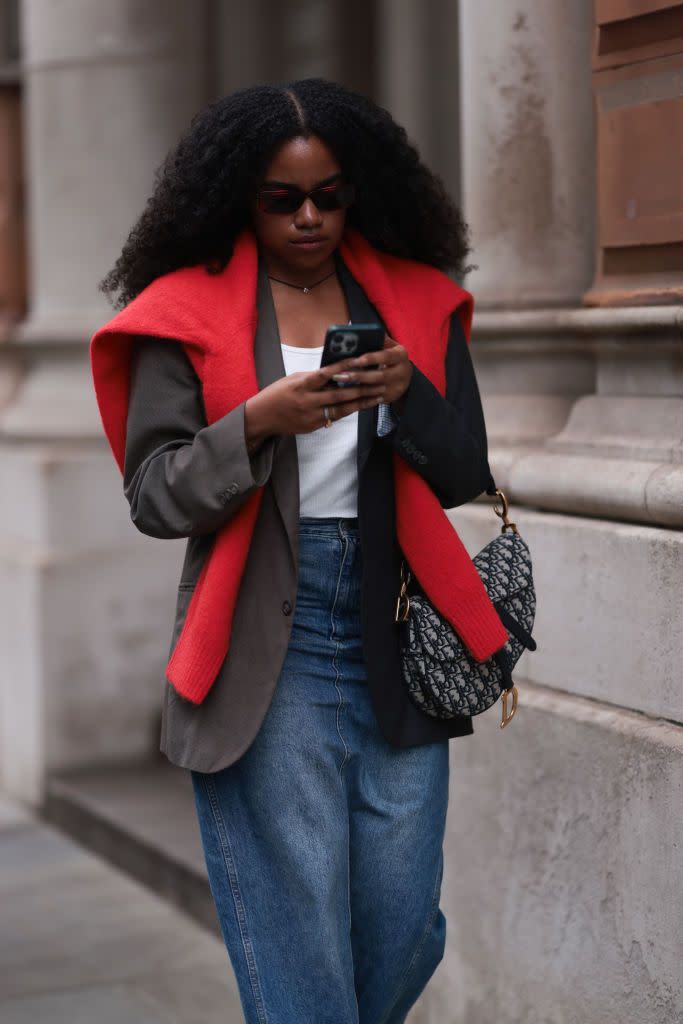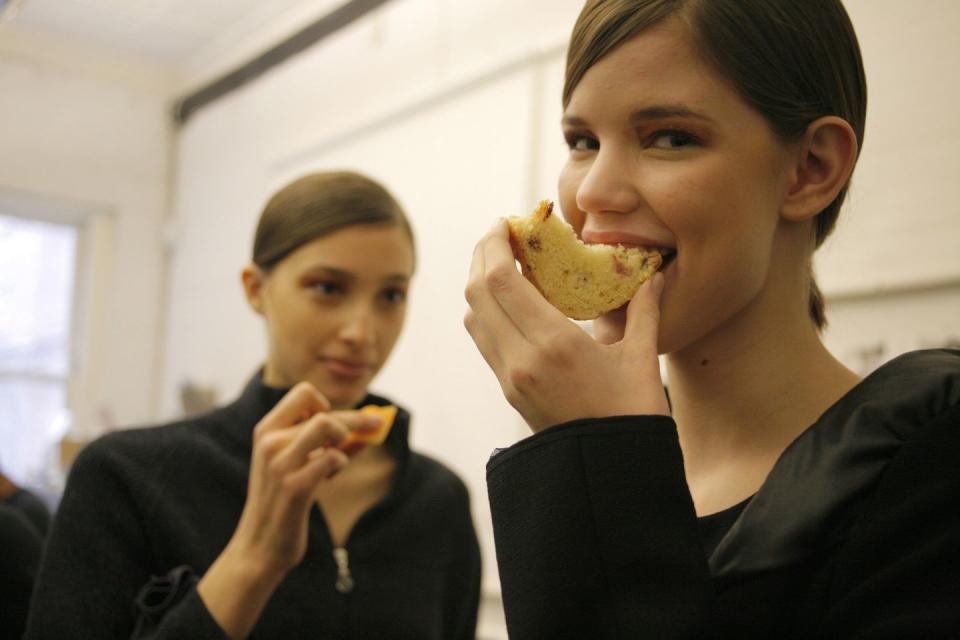Around 600,000 women are still waiting for gynecological treatment in the UK, an increase of a third in two years, a new analysis has found, adding that the government is “prioritizing women's health” ” has been criticized.
There are currently 33,000 women waiting more than a year for gynecological treatment, a 43% increase since 2022, according to Labor's analysis of data from the House of Commons Library.
Learn more about Elle Collective
The analysis also found that no region of the UK currently meets the government's targets for cervical cancer screening, with access to cervical cancer screening and gynecological treatment being affected by a 'postcode lottery'. He pointed out that it is something like.


In London, only three-fifths of eligible women are screened for cervical cancer, while in the North East of England almost three-quarters are screened.
The findings come after the government pledged to end decades of gender-based health inequalities in 2022 through the UK's first women's health strategy. The strategy included pledges to increase access to contraception, in vitro fertilization, birth support, and mental health services.
The strategy points out that “historically, health and care systems have been designed by men and for men,” and while women have a longer life expectancy than men, they still live an estimated one-quarter of their lifetimes. According to the study, men spend one-fifth of their lives in poor health.


This isn't the first time women's health proposals have made headlines. Google revealed earlier this year that since 2004, searches for women's health have been 70% lower than men's health in the UK, despite searches for breast cancer and infertility set to rise by 1% over time. It was acknowledged that the number of searches for women's health was decreasing. This year, the birth rate fell to the lowest level recorded between 2010 and 2020. The implication, experts suggest, is that women are accepting the fact that there is simply a lack of research, information and guidance on women's health issues. Because no matter where women's health questions are asked, answers seem to be worrisomely slow.
ELLE Collective is a new community for people who love fashion, beauty, and culture. Become a member here today for access to exclusive content, events, inspiring advice from editors and industry experts, and the chance to meet designers, thought leaders and stylists.
You'll probably also like it


